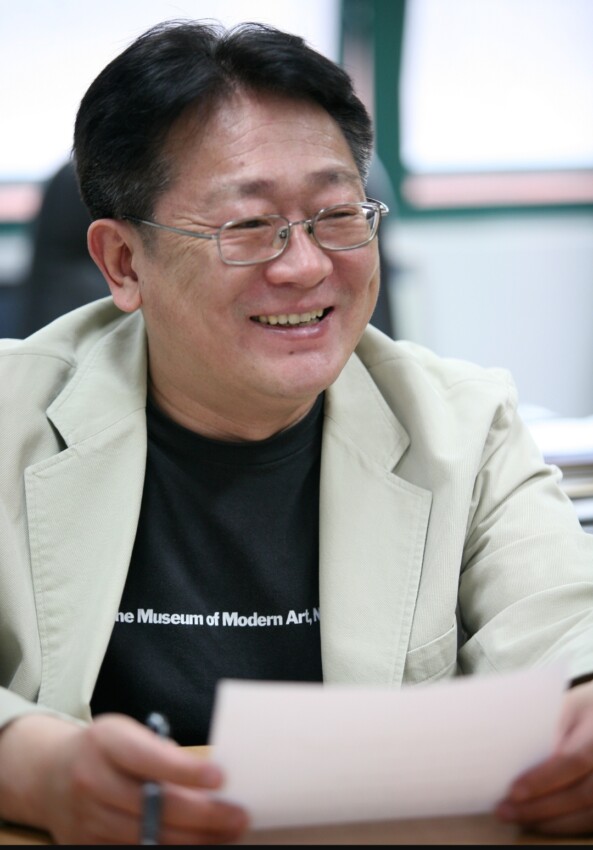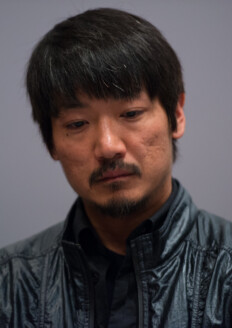Spot Info
Real Name: Park Kwang-su
Nickname: Park
Other names: Bak Gwang-su
Personal Details
Nationality: South Korean
Religion: Buddhist
Mother Tongue: Korean
Languages Known: Korean
Zodiac Sign: Aquarius
Birth Place: Sokcho, Gangwon Province
Born on: January 22, 1955
Age As On Today: 70 years
Hometown: Busan
Gender: Male
Martial Status: Married
Education Details
School: Seoul National University
College: Seoul National University
Education Qualification: Student of Fine Arts
Park Kwang-Su is a South Korean filmmaker born on January 22, 1955. He grew raised in Busan after being born in Sokcho, Gangwon Province. As a Fine Arts student at Seoul National University, Park joined the Yallasung Film Group. After graduation, he founded and managed the Seoul Cinema Group, devoted to reviving Korean film culture, and was closely associated with the student protest movement. The Seoul Film Group was a crucial figure in the independent film movement and a vocal opponent of the military regime. Park studied film at the ESEC film school in Paris before returning to Korea to work as Lee Chang-assistant Ho’s director. In 1988, he debuted. He started his own production company in 1993, making him the first Korean filmmaker to do so.
Park is one of Korea’s most renowned directors and the head of the “New Korean Cinema” movement. His films have received appreciation from critics, and he has won numerous domestic and international prizes for them.
Staged Screenings of foreign art films due to the establishment of new French and German cultural organizations in Seoul, which eventually led to the development of cinema clubs where the film was discussed and researched. Park Kwang-Su, Chung Ji-young, Kim Hong-Joon, and a host of other filmmakers, producers, and exposed film critics to foreign cinema. They made films and documentaries that represented Korean culture and history through the eyes of ordinary people, particularly the working class.
The Seoul Film Collective, founded in 1982 and comprised Seoul National University alumni such as Park Kwang-Su, Jang Sun-woo, and other directors, produced several short films and documentaries. The Seoul Film Collective produced many films, including That Summer (1984), which focused on rural laborers working in Seoul, and Suri-se (1984), which dealt with agricultural concerns in southern Korea.
Two events paved the way for the New Korean Wave: a partial relaxation of censorship and a change in film policy. Because of the easing of censorship, directors like Park Kwang-Su could make films that the government previously disallowed during the censorship period. Park could enter the Korean film industry more easily thanks to the second film policy. Park and other independent film producers collaborated on quality films that advocated for social change rather than striving to fill “quotas” to produce inferior Korean films. Park Kwang-Su would not have made films like Chelsea and Mansu without these policy changes, catalysts for the New Korean Cinema trend. “While Park’s films are all deeply rooted in his country’s political history. He is one of a select handful of foreign filmmakers whose work transcends their unique political circumstances to address more universal issues of human freedom with exceptional artistry.”
Professional Details
Skills: ["Director"]
Profession: ["Director"]
Casual Details
Smoke Or Drink: Yes
Hobbies: Traveling
Interests Details
Pets: Dog
Cars: Kia Stonic
Physical Details
Eye colour: Black
Hair Colour: Black
Favourites
Favourite Actress: Son Ye-jin
Dream Holiday Destination: Chunwang Peak
Favourite Color: Black
Favourite Movies: The Outlaws
Career
Debut Year: 1988
First Break: 1988 Chilsu wa Mansu





